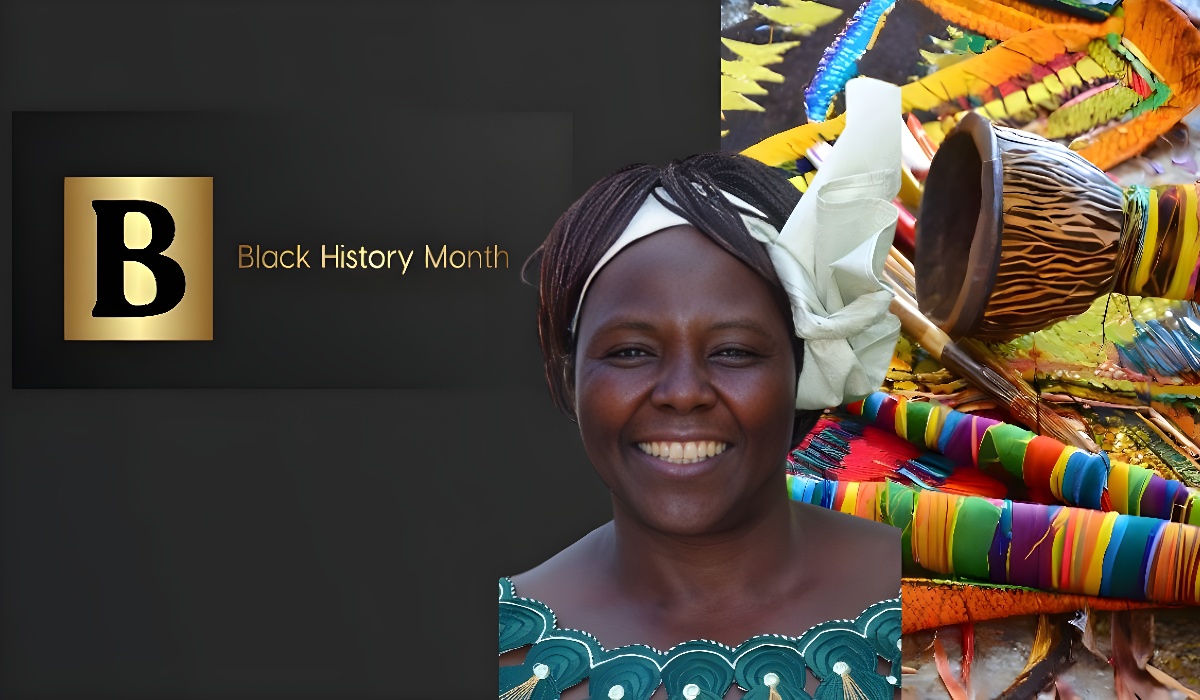Planting Seeds of Change for a Greener, More Equitable Future
In the heart of Black History Month, we celebrate the life and legacy of Dr. Wangari Maathai, a Kenyan icon whose impact transcended borders and disciplines. More than just an environmentalist, Maathai was a social activist, a champion for democracy, and a true pioneer who dared to challenge the status quo.
Born in 1940, Maathai defied the odds. As a young woman in rural Kenya, she defied traditional expectations by pursuing education, becoming the first woman in East and Central Africa to earn a doctorate in veterinary anatomy. Her journey led her to the United States, where she witnessed firsthand the devastating effects of deforestation. Returning home, she saw a similar story unfolding, with rampant deforestation leading to soil erosion, declining agricultural yields, and worsening poverty.
In 1977, Maathai planted a seed that would blossom into a global movement. Inspired by the traditional knowledge of local women, she founded the Green Belt Movement, mobilizing rural communities to plant trees. This seemingly simple act had profound implications. Trees provided food, fuel, and income, empowered women, and restored the ecological balance. The Green Belt Movement planted millions of trees across Africa, transforming barren landscapes and empowering millions of people, particularly women, to become agents of change.
Maathai’s activism extended far beyond the environment. She recognized the link between environmental degradation, poverty, and political disenfranchisement. She spoke out against corrupt regimes, advocating for democracy and human rights. Her courage landed her in jail and in the crosshairs of powerful interests, but she remained undeterred.
In 2004, Maathai’s unwavering commitment to peace and sustainability was recognized with the Nobel Peace Prize, making her the first Black African woman to receive the prestigious award. This global recognition amplified her voice and propelled the Green Belt Movement onto the international stage.
Maathai’s legacy continues to inspire millions today. Her story reminds us that even the smallest actions, driven by a deep sense of purpose, can create lasting change. She showed us the power of collective action, the importance of empowering women, and the interconnectedness of environmental, social, and political justice.
As we celebrate Black History Month, let us remember Dr. Wangari Maathai not just for her achievements, but for the spirit she embodied. Let her life be a call to action, urging us to plant seeds of change in our own communities, to fight for a more just and sustainable world, and to honor the legacy of those who dared to dream of a better tomorrow.









